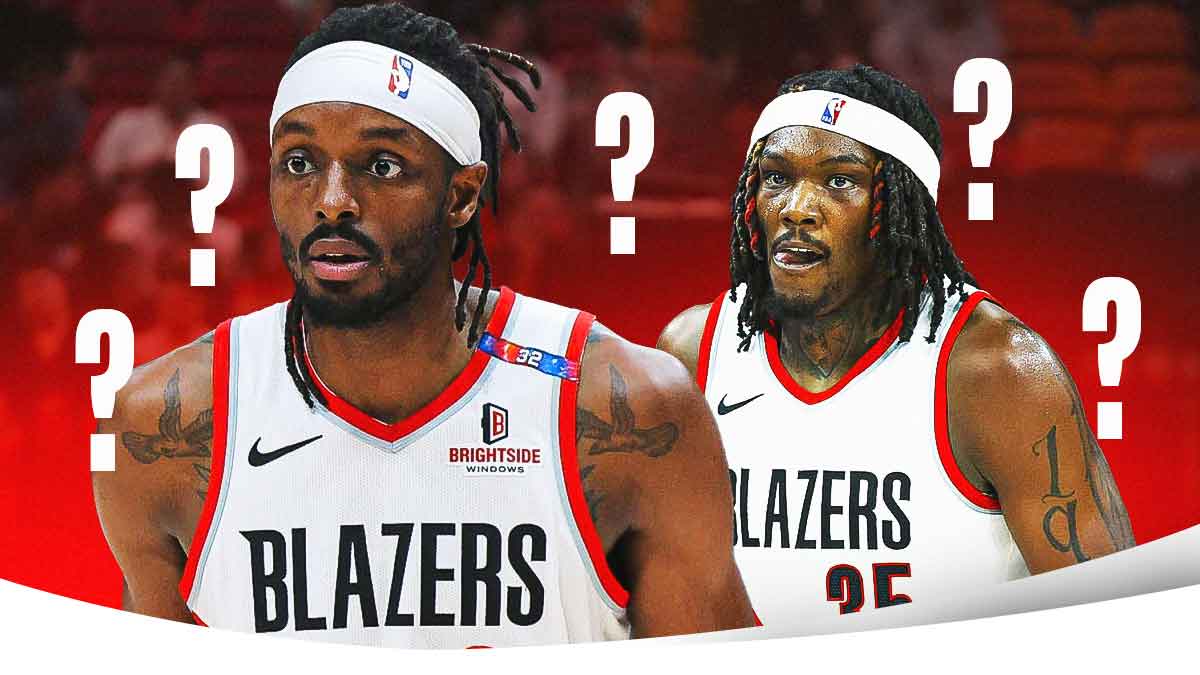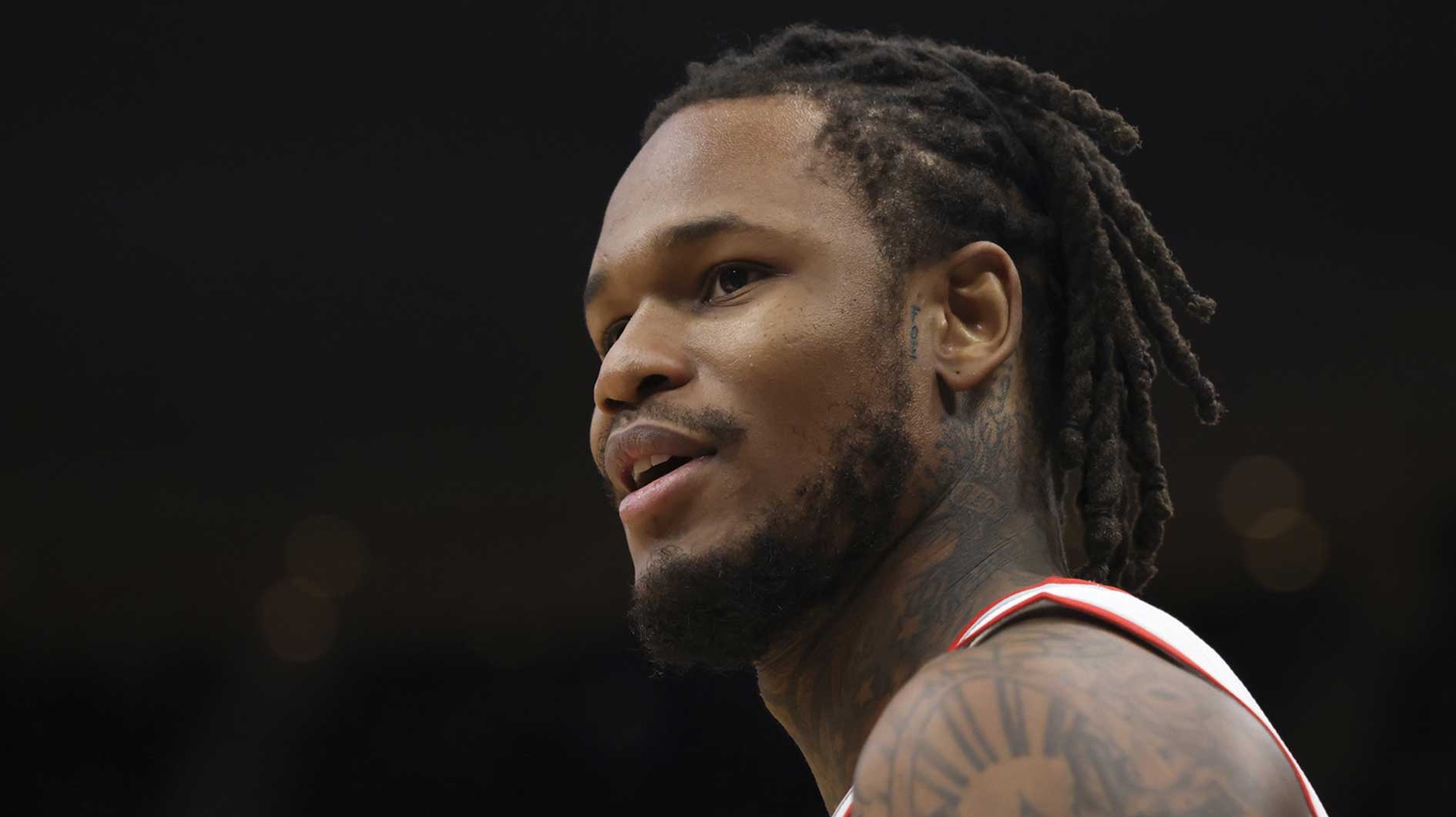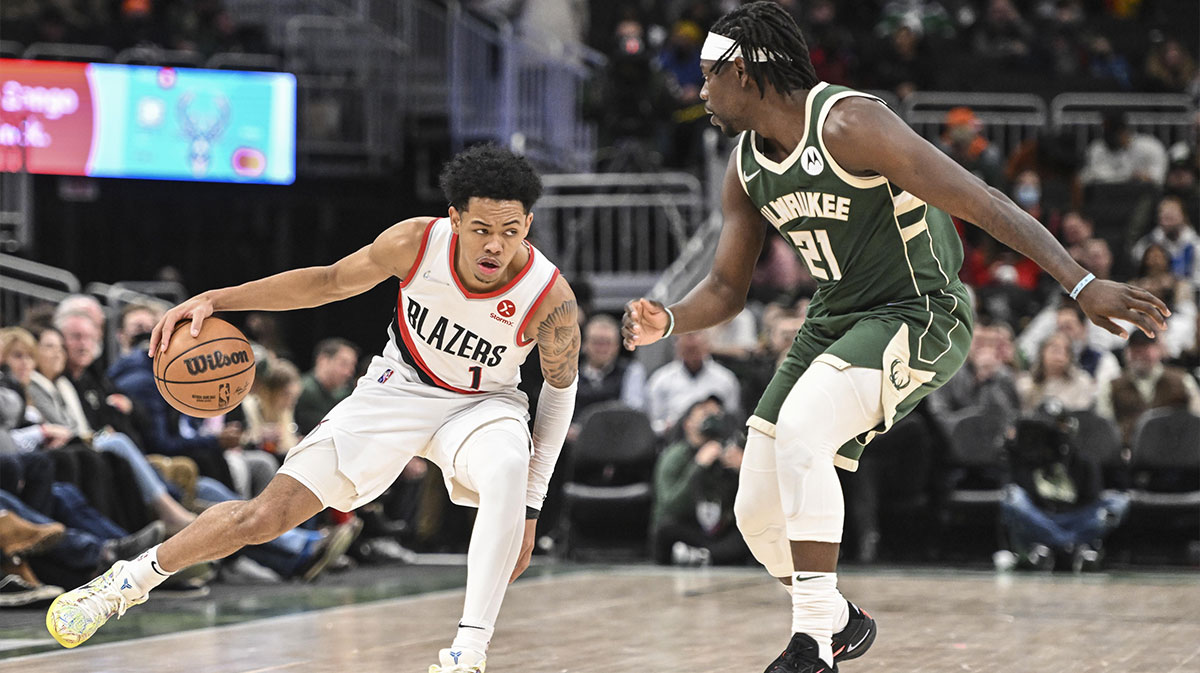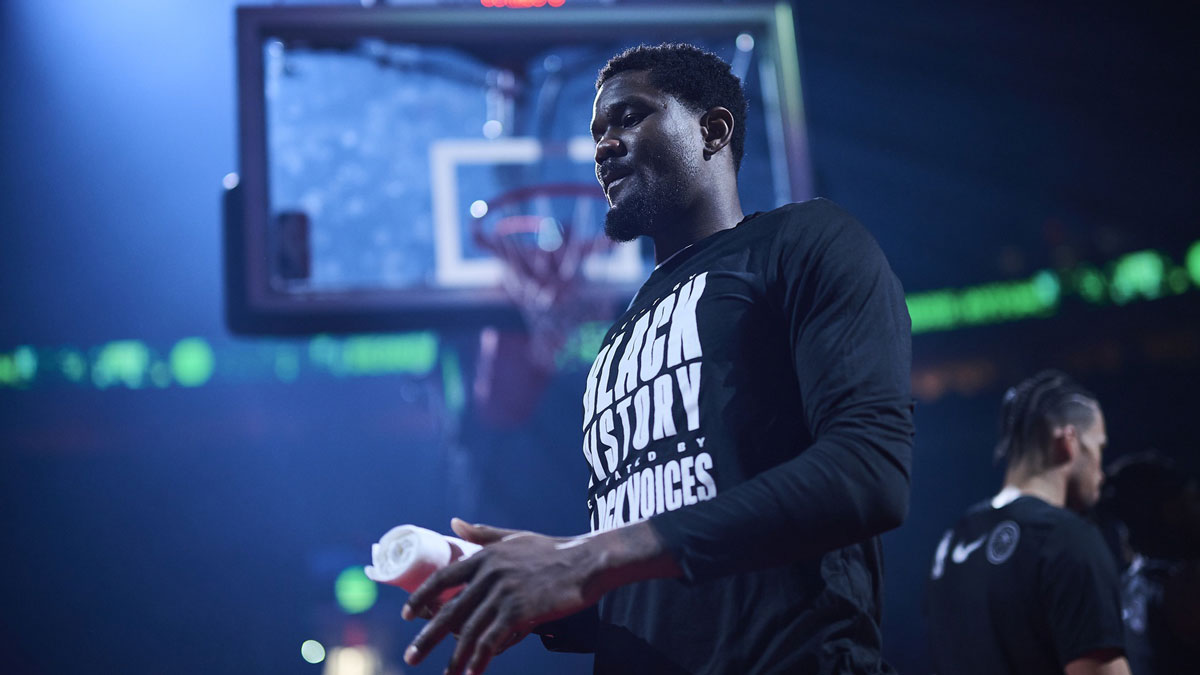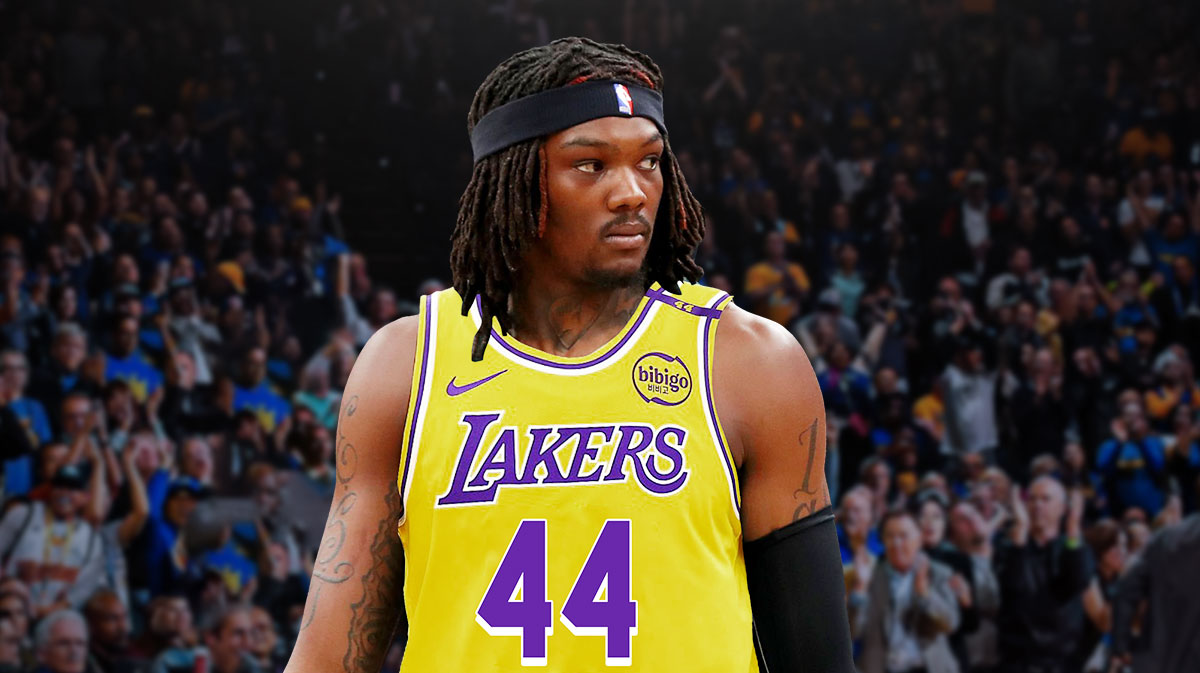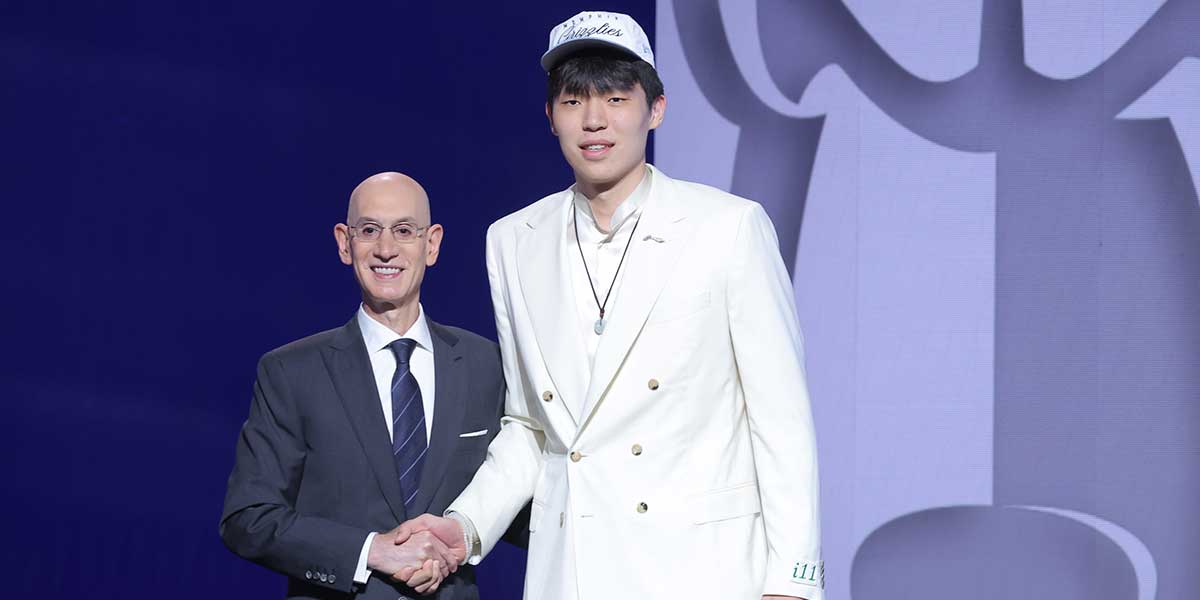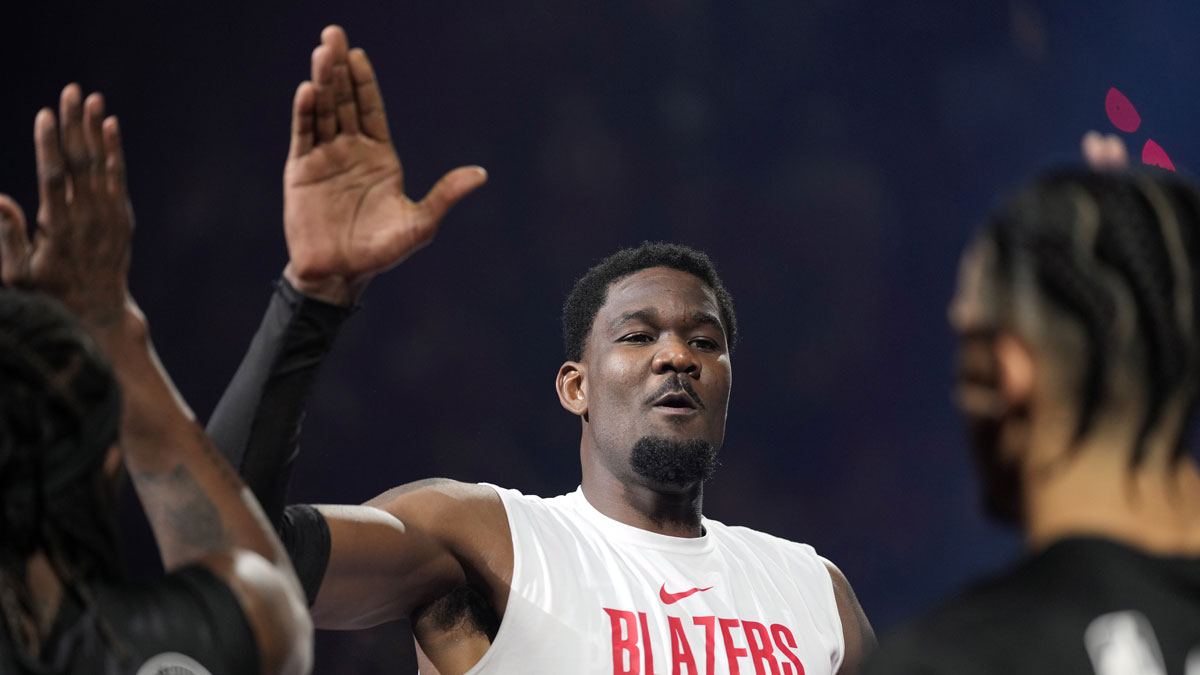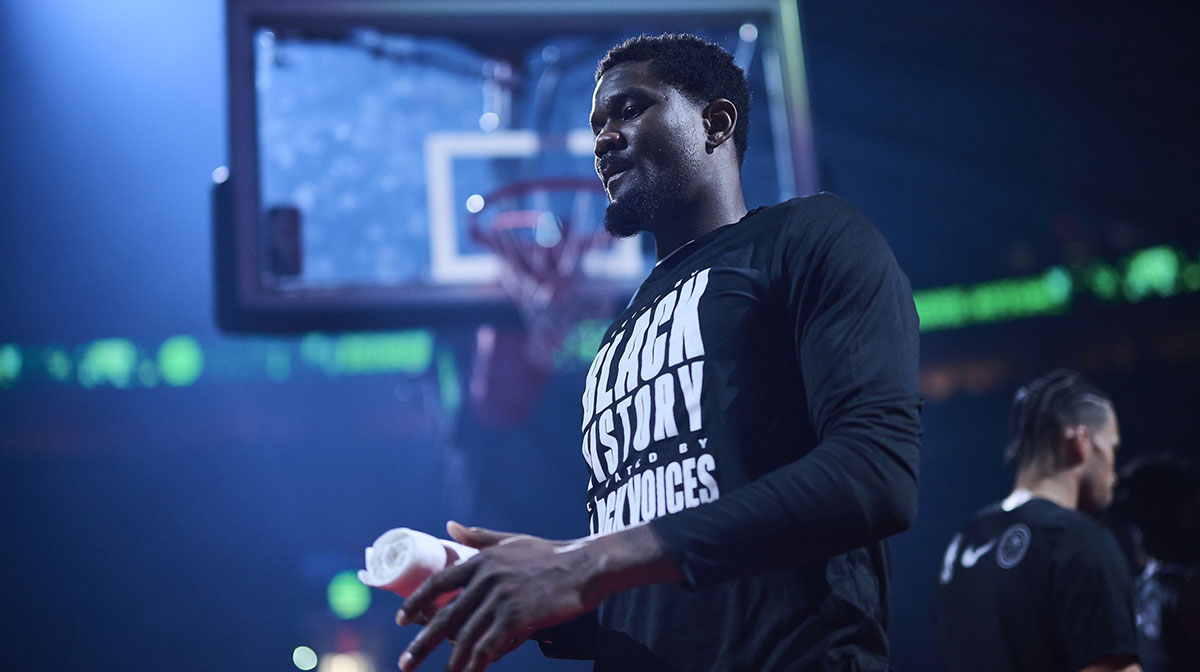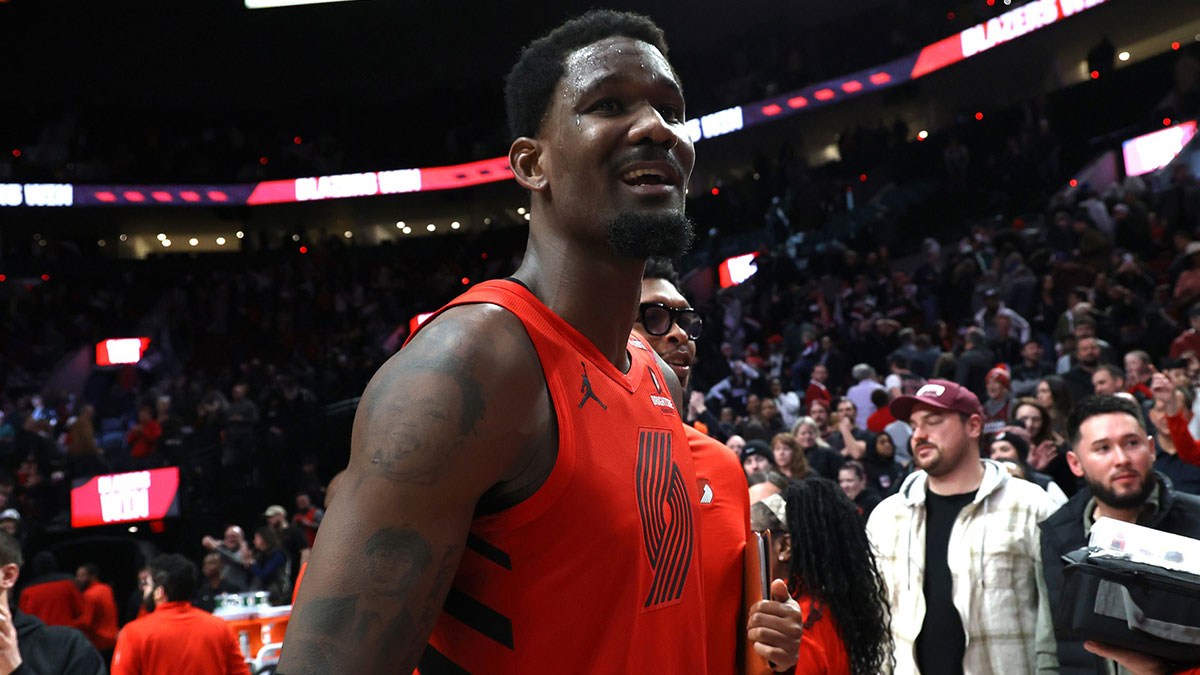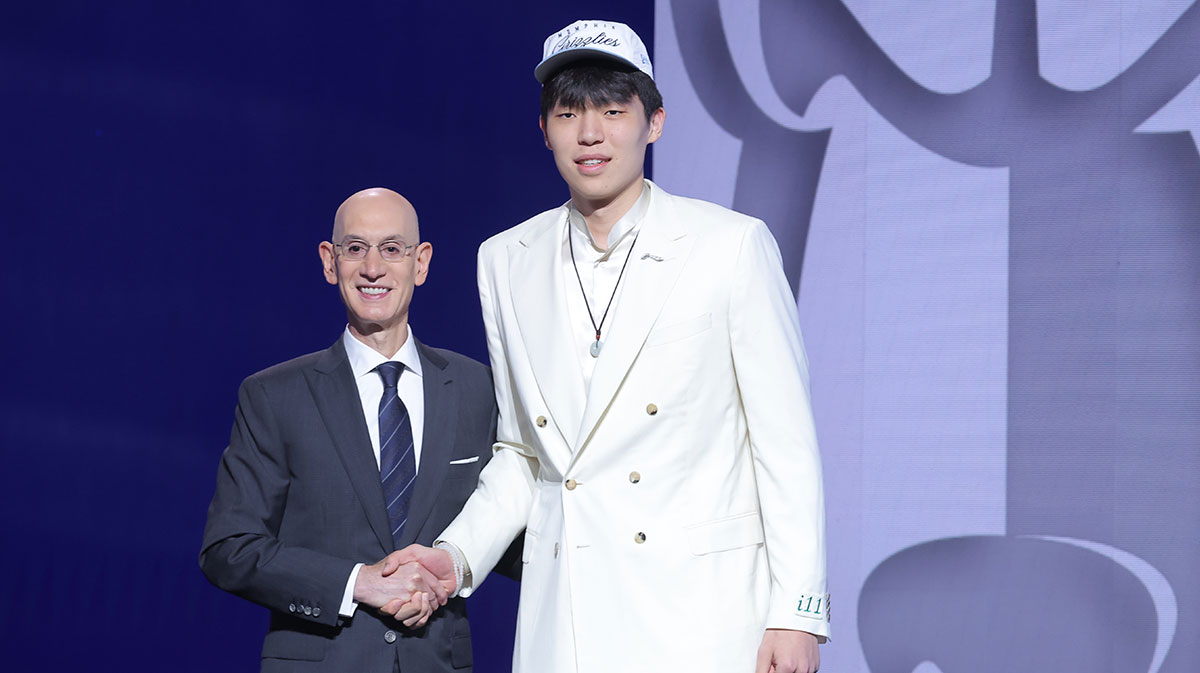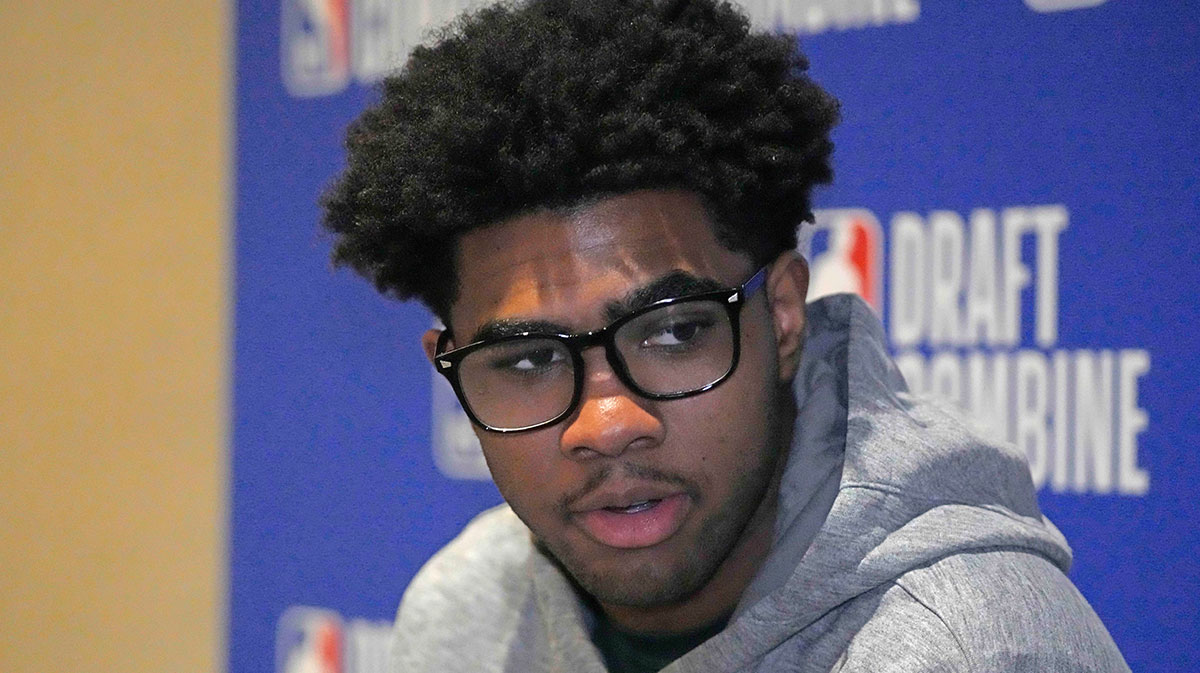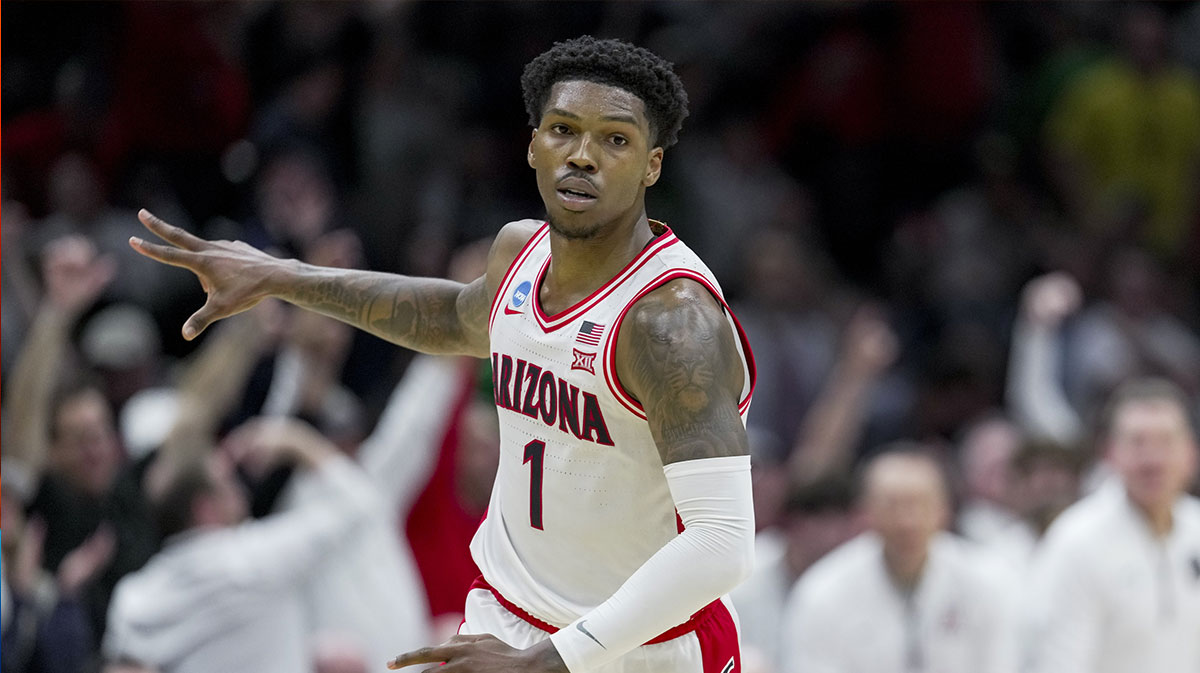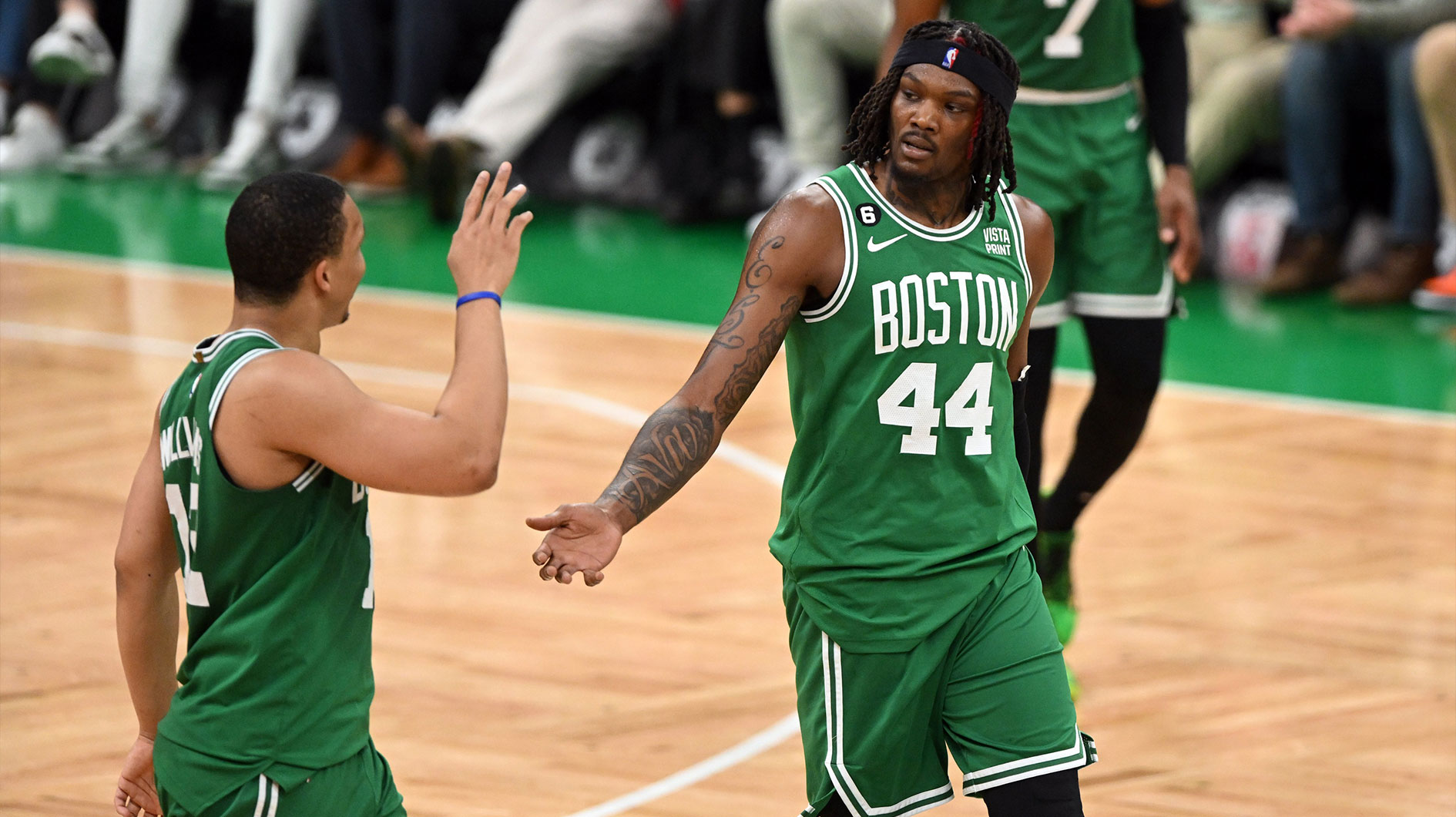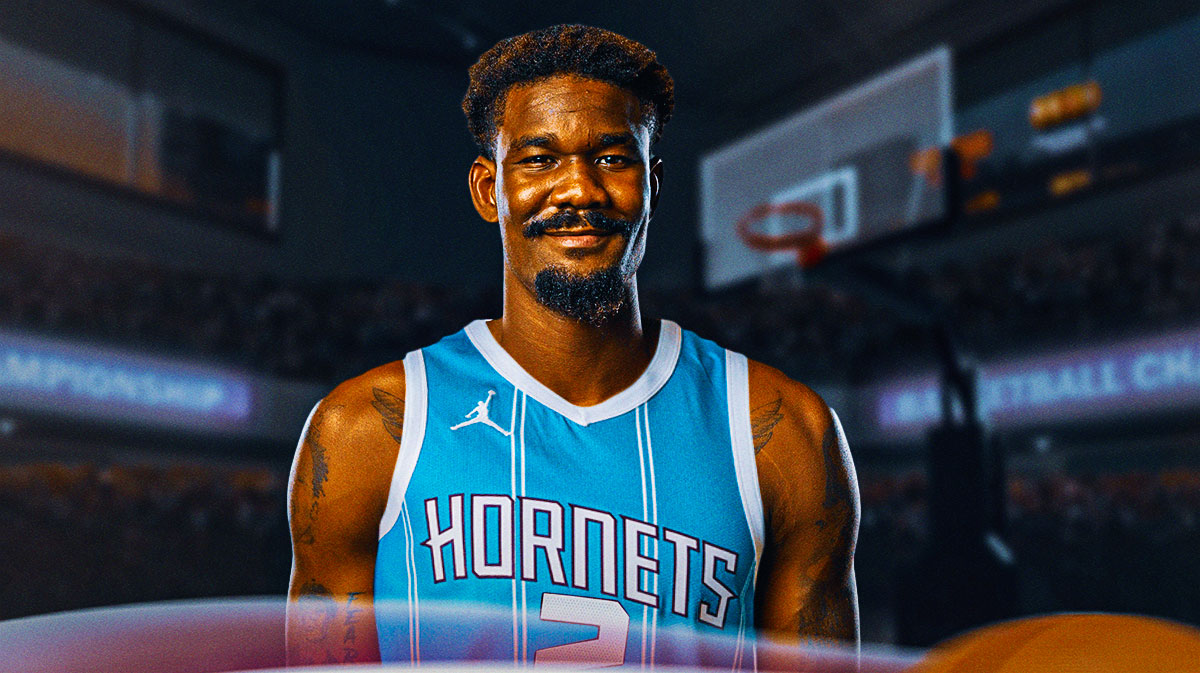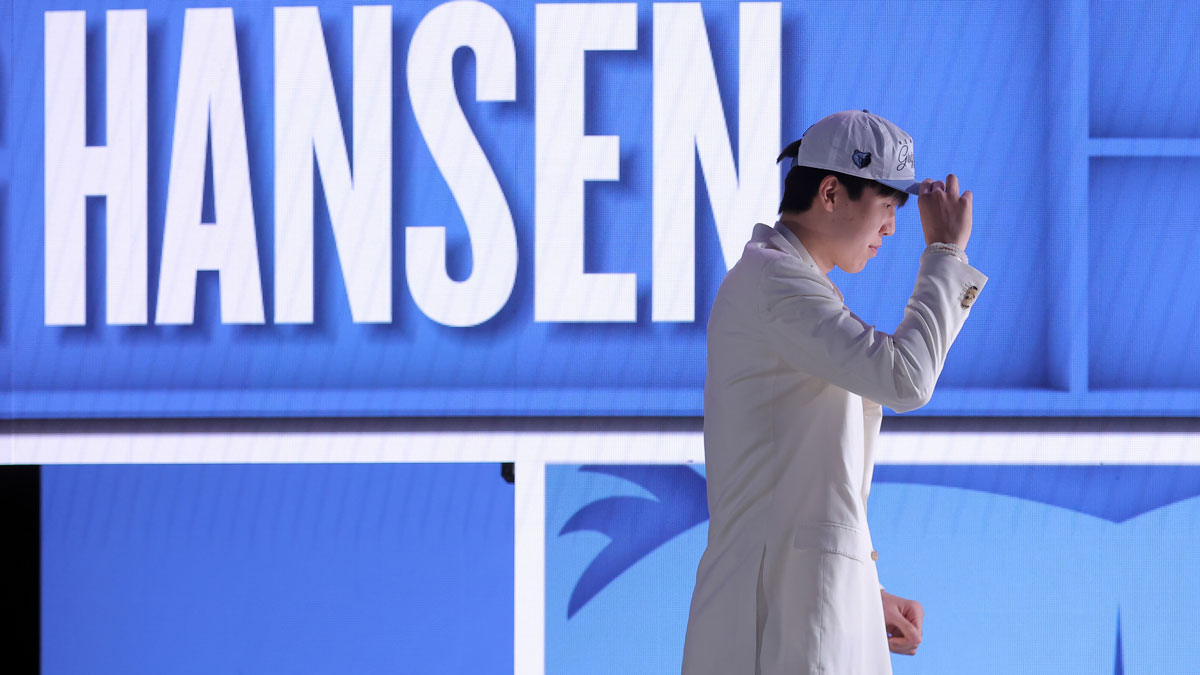Damian Lillard has already proven himself as the best player in Portland Trail Blazers history, and the summer-long frenzy induced by his wavering commitment to Rip City is just the latest indication of his exalted standing in the league's individual hierarchy. Lillard's an unqualified superstar, basically, the exceedingly rare and valuable caliber of player around which title teams can be built.
But just because he's earned that level of distinction and respect from playing peers and NBA followers alike hardly means Lillard's specific place among basketball's elite is above debate. It's not exactly easy to find Blazers fans willing to admit that Lillard falls squarely behind Steph Curry in that pecking order, for instance, but a sizable contingent in Brooklyn and elsewhere will insist Kyrie Irving is better than him, too. Further case in point: Sports Illustrated ranked Lillard No. 11 in its countdown of basketball's top-100 players entering 2021-22, while ESPN slotted him eighth in NBArank.
Lillard's spot among the 10 best players in the NBA, apparently, isn't as ironclad as denizens of Rip City and his many competitive admirers across the league believe. Good thing for Lillard he still has room to get better.
These three improvements wouldn't just cement Lillard's status as a top-10 player, but go a long way toward helping him achieve his ultimate goal of winning a championship—whether with the Blazers or another team.
Get Much Better Defensively
Chauncey Billups, thankfully, swears he won't let Lillard's oft disappointing defensive effort go overlooked. Portland's rookie coach insisted to The Oregonian in August that playing hard on defense is “not going to be optional” for the Blazers going forward, a headline-grabbing remark that many took as an implicit acknowledgment of Lillard's ugly defensive performance last season.
Intensity and engagement really were the biggest issues for Damian Lillard on that side of the ball. He fell victim to miscommunication and scheme confusion as much as most of his teammates in 2020-21, but damaged Portland most defensively by simply falling asleep away from the ball and falling a step behind his man in general.
Remember Lillard's instant-classic 55-point outburst in the first round of last year's playoffs? The Blazers lost that Game 5 to the short-handed Denver Nuggets in double overtime despite Lillard's epic heroics, and his unacceptable play on defense—especially early—was one of many reasons why.
That's the type of mistake Billups believes Portland's renewed commitment to defense will keep Lillard from making, an expectation that seems realistic. Terry Stotts never harped on defense during his tenure with the Blazers, and his heliocentric approach on the other end gave Lillard more excuse to catch his breath defensively. Errors of omission on defense will surely decline team-wide for Portland, but Lillard especially.
Billups can't fix the main problem Lillard's defense presents in context of his case for the top-10, though: size. The only player of similar dimensions broadly considered at or above Lillard's level is Curry, and he's fought tirelessly for years to establish himself as a net neutral at worst defensively. Curry's obviously played with more surrounding defensive talent than Lillard, but also boasts quick hands and keen anticipation as a helper the latter lacks.
Lillard's defensive influence on Team USA explains his inherent limitations best. He was targeted frequently and successfully at the Tokyo Olympics when the Americans switched one-through-five, and fared just slightly better when Gregg Popovich adjusted his scheme to account for Lillard's presence.
Lillard's defensive ceiling is low compared to players he's competing with for rankings bragging rights, and there's nothing he can do to raise it. But scraping those middling heights by cleaning up his off-ball defense would take him from an abject negative defender to a passable one, all Damian Lillard really needs to universally be considered a top-1o player.
Make Strides As An Off-Ball Attacker
Billups already plans to lessen Lillard's time on the ball, both for the benefits of his physical wear and tear as well as the rippling effects of continuous flow and movement offensively. Just how often Lillard functions as a finisher instead of a table-setter remains to be seen. Regardless, it stands to be a significant adjustment for a player who's run ball-screen and hand-off action more frequently than anyone in basketball over the last half-decade.
Much as it would juice Portland's offense and increase his personal scalability, Damian Lillard won't ever pose anywhere close to the threat that Curry does moving away from the ball. Curry is the best off-ball player in league history, and exhibited that potential long before Steve Kerr made his franchise player's movement the defining feature of the Golden State Warriors' offense. His knack for cutting, screening and relocating literally revolutionized basketball.
Lillard can definitely tap into some of what makes Curry just as dangerous without the ball as when it's in his hands, though. Billups' overall offensive ethos directly plays into activating Lillard and his teammates away from the play, and he already shares strong quarterback-receiver chemistry with Jusuf Nurkic on backdoor cuts and elbow splits.
The next frontier for Lillard? Maintaining movement once he gives the ball up on the drive, producing open looks from three that wouldn't otherwise exist.
Develop A Legitimate Floater Game
Damian Lillard may not have the flashiest bag offensively, especially compared to his superstar peers, but definitely owns one of the deepest. He's a true three-level scorer, with limitless three-point range, a deadly pull-up arsenal from mid-range and much-improved ability to finish at the rim.
No player can get all the way to the basket every time they crease the paint, though, and it's in that awkward space where Lillard lags behind other top-tier pick-and-roll operators. He took 103 field goal attempts from inside the paint but outside the restricted area last season, managing just 35 percent shooting. Both those numbers point to Lillard's utter lack of an advanced floater game. C.J. McCollum got up 50 more of those shots than Lillard a year ago despite playing 20 fewer games, shooting 48.4 percent. Luka Doncic hoisted a whopping 337 shots from there, on even better 50.7 percent shooting.
But an additional means of scoring isn't the only reason why Lillard could stand to get more comfortable operating from floater range. He's also shown little to no ability stopping and getting defenders on his back in pick-and-roll, putting them in “jail” before sussing out defensive rotations and making the correct read from there. No one in basketball is better at it than Doncic, but even LeBron James has added a dose of that nuance to his off-dribble attack in recent seasons. Chris Paul is a master hostage dribbler, too.
Don't be surprised if Billups has emphasized the importance of this specific skill to Lillard already. Changing paces and getting physical doesn't just create more driving angles, but passing lanes, too—key for a playmaker of Lillard's size. He's vastly expanded his repertoire of ball-screen attacks since the New Orleans Pelicans swallowed him up while sweeping Portland in the first round of the 2018 playoffs. The one wrinkle Lillard hasn't added is a nuanced, versatile floater game, and doing so would make him even more impossible for defenses to stop.

